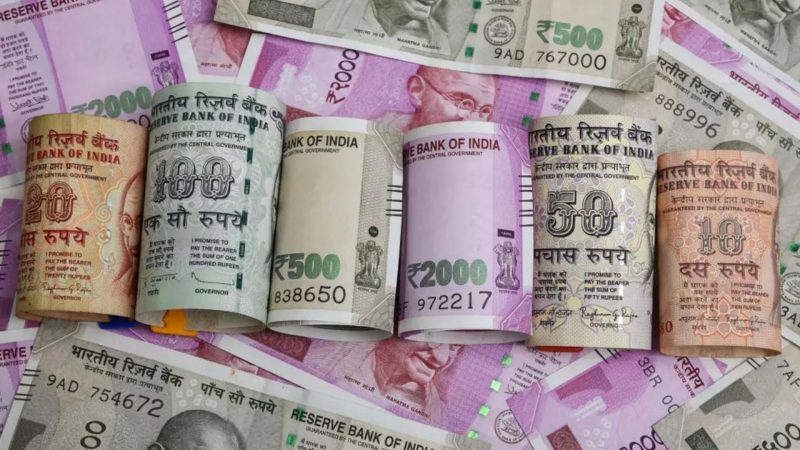
Income Tax Department Announces Updated Guidelines For Cash Limit At Home
If you have the habit of storing your cash with yourself in your house, then it might be a problematic thing for you. Businessmen generally have a habit of storing their cash even if they will deposit it in the coming days. Some people store most of their cash in their home and they caught later. If you land up in such a situation, then you should know about every piece of money you own and what is the source. Below mentioned are some of the guidelines issued by the Income Tax Department to have a clear picture of the same.
You should be aware of the Income Tax Department’s prohibition on keeping cash at home. It’s probable that in the preceding several months, assembly elections were held in the states, and a big sum of cash was discovered in people’s homes. Every day, the cops recover cash worth crores of rupees. In such a circumstance, the question of how much cash the ordinary individual should keep in his house to prevent legal action emerges.
If the investigating agency recognizes you, you will be required to identify the source of the cash. You must have the relevant papers if you earned the money legitimately. You should also not be concerned if his Income Tax Return is done. If you are unable to identify the source, major investigative agencies such as the ED and CBI will prosecute you.
What are the consequences of being discovered with undeclared cash at home? According to the Central Board of Direct Taxes (CBDT), if you are unable to identify the source of money hidden at home, you may face a penalty of up to 137 percent.

Things to keep in mind when keeping the cash
- A cash transaction over Rs 20 lakh in a fiscal year can result in a huge penalty for you.
- You should have a valid PAN number for deposits or withdrawals of more than Rs 50,000 at a time.
- If a person makes a cash deposit of 20 lakh rupees in a year then he has to mandatory provide PAN card and Aadhaar card information.
- If the person fails to provide the PAN and Aadhaar details that will result in a punishment of up to or more than Rs 20 lakh.
- When you’re out shopping, you are not allowed to spend more than Rs 2 lakh in cash. A copy of the PAN and Aadhaar card must be submitted if cash purchases exceed more than Rs 2 lakh.
- If a person purchases or sells property worth or more than Rs 30 lakh in cash, then the investigating body will investigate the person.
- An investigation can be launched if a person spends more than Rs 1 lakh in a single transaction for a Credit-Debit Card.
- The monetary donation cap is Rs 2,000.
- No one can borrow more than Rs. 20,000 in cash from another individual.
- If you withdraw more than Rs 2 crore in cash from a bank then you have to mandatory pay the TDS.



